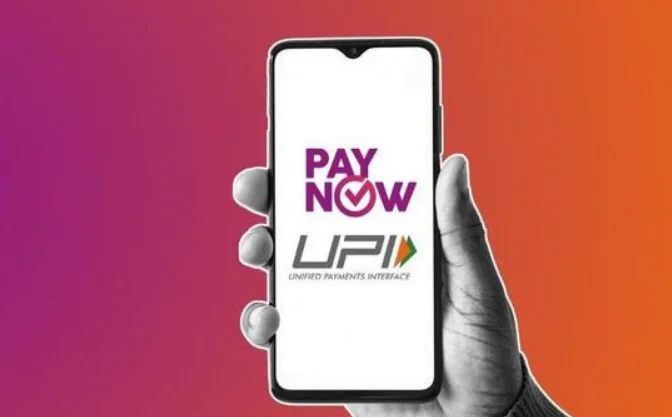India is extending her payment capabilities with a new partnership between the nation’s payment network, the universal payments interface (UPI), and Singapore’s PayNow quick payment system.

The service was inaugurated by Ravi Menon, managing director of the Monetary Authority of Singapore, and Shaktikanta Das, governor of the Reserve Bank of India, via token transactions using the UPI-PayNow connection.
Users from the two countries will be able to transmit money rapidly across borders thanks to the combination of UPI and PayNow. A UPI-id, mobile number or virtual payment address may be used to transfer or receive money from India for funds stored in bank accounts or e-wallets.
Cash may be sent between the two bank accounts instantly via a smartphone interface thanks to UPI’s instant real-time payment technology.
Outgoing remittances will first be facilitated by the State Bank of India, Indian Overseas Bank, Indian Bank, and ICICI Bank. Incoming remittances would be facilitated by Axis Bank and DBS Bank India. Users in Singapore will be able to use the service thanks to DBS Bank and Liquid Group.
The central bank of India’s digital currency (CBDC) initiative includes ICICI Bank as a participant. In November 2022 for the wholesale sector and in December for retail consumers, India began its CBDC trial program.
The digital rupee initiative has recorded 770,000 transactions involving eight institutions since the pilot program began. Nine other cities may soon join the study in addition to the five cities that are now taking part.
CEO of Indian cryptocurrency exchange Unocoin, Sathvik Vishwanath, said:
“This is a great value addition for India’s payment rails given that there is close to 30% population in Singapore are ex-pats, and they send money to India once a month or a quarter. This integration eliminates friction reducing the processing time and costs.”
With the introduction of COVID-19, India’s digital payment infrastructure has grown significantly over the last several years. The government, however, is wary of cryptocurrencies and levied a 30% tax on cryptocurrency earnings, forcing large players to leave the nation.
The government is eager to use blockchain technology for its CBDC program, and the infrastructure that already exists will help it grow.
